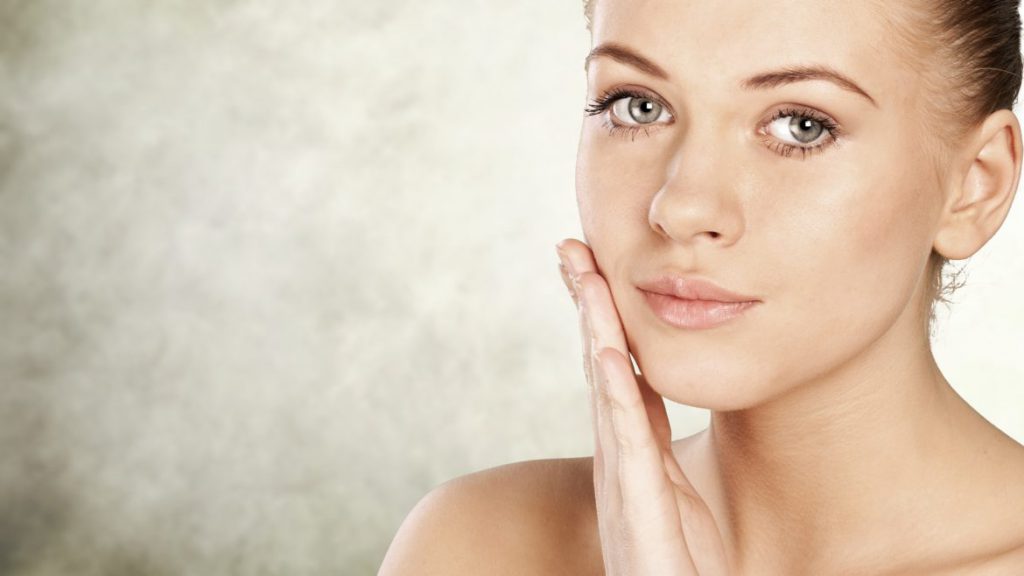Facts and myths about parabens
When hearing anything paraben related we shiver. We avoid them in cosmetics and condemn them from the start. It’s assumed that all parabens are harmful and worthless. Cosmetic manufacturers replace them with other preservatives. Should it be this way? What is the truth about parabens? It’s time to find out!
Did you know…
… that currently, the number of patients with contact allergy symptoms visiting dermatologists increased. Often, the guilty party is, in fact, the paraben replacements in cosmetics.
What are parabens?
Those are none other than preservatives that extend cosmetics’ expiry date and prevent cosmetics from contamination. Parabens are esters of 4-hydroxybenzoic acid (PHBA). Thanks to them cosmetics are long-lasting. Parabens are added to shampoos, creams, make-up cosmetics. Sadly, they also have flaws. Due to not being of natural derivation can clog pores and cause blackheads. Parabens are often used as occlusive substances to protect the epidermis. So, what the truth about parabens is?
Parabens’ safeness
So that parabens can be in the composition of a lipstick or a mascara, they need to undergo very specific control. Within the European Union, there are very rigoristic rules about it. If not for it, all the manufacturers could do whatever they want. In the EU the parabens concentration cannot be higher than 0,8%. What is more, due to being classified as preservatives, their total amount in the product cannot go above 2%.
Bad parabens, good parabens
Many beauticians believe that the hate campaign against parabens starts to become absurd.
These preservatives are known to stabilize the product best and are the durability guarantee while being affordable which translates to lower prices of products.
While pulling them out of use, they still need to be replaced by some other substance that can preserve given cosmetics and prevent its spoiling.
You should keep in mind that not all parabens are bad. Some of them are allowed for use in cosmetics and are used in limited concentration so they being present in the product shouldn’t be harmful to you.
Parabens allowed for use are usually very gentle to the skin and many of them are suitable even for use in products for children.
Which parabens are harmless to the skin?
Parabens allowed for use are among many methylparaben, ethylparaben, propylparaben, butylparaben. What’s more, you need to remember that parabens can be used in the products that are dedicated to rinsing down but you should be careful of those cosmetics that stay on the skin (leave-in conditioner, body balm, creams).
Which parabens should you avoid in cosmetics?
To be true, this list is pretty short. To the parabens that are the most dangerous yet happen to be used in cosmetics belong isobutylparaben, isopropylparaben, pentylparaben, phenylparaben, benzylparaben. If you find any of those in cosmetics, you better put it back on the shelf and choose those not harmful to your skin. As it turns out, you do not have to avoid parabens in cosmetics after all.



Leave a Reply